Kathleen Folbigg’s conviction quashed over deaths of her four children after 20-year fight
Kathleen Folbigg’s lawyer has indicated her client will seek “substantial” compensation after being acquitted of the deaths of her four children, which saw her jailed for 20 years.
Police & Courts
Don't miss out on the headlines from Police & Courts. Followed categories will be added to My News.
Kathleen Folbigg could receive up to $15 million in compensation from the NSW government after the state’s highest court acquitted her of killing her four young children, a top lawyer has said.
Ms Folbigg spent two decades behind bars after being convicted of murdering her three youngest children, Patrick, Sarah and Laura, and the manslaughter of her oldest child, Caleb, between 1989 and 1999.
On Thursday, the NSW Court of Criminal Appeal overturned her convictions on all charges, accepting that new scientific evidence raised doubt over her guilt.
Outside court, Ms Folbigg’s lawyer Rhanee Rego confirmed her client would be seeking compensation for wrongful imprisonment.
Ms Rego said she wasn’t prepared to put a figure on the amount sought but said it would be “substantial”.
When Lindy and Michael Chamberlain were pardoned over the death of baby daughter Azaria and their convictions were quashed, they received a payment of $1.3 million from the Northern Territory government in 1992.
Roseanne Beckett, who spent 10 years in jail after she was wrongfully convicted of soliciting the murder of her former husband, received more than $4 million compensation in 2015.
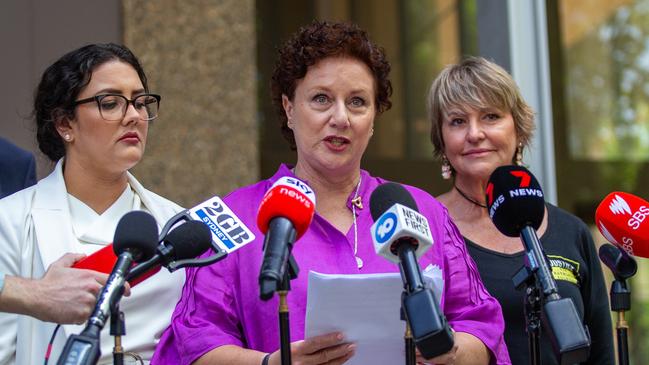
However, leading Sydney criminal lawyer Sam Macedone told The Daily Telegraph he believed Ms Folbigg was in line to pocket a much higher payout if her claim for compensation was successful.
“She spent 20 years in jail on a conviction that was found to be invalid, so she’s entitled now to seek compensation for the time she was incarcerated,” he said.
“I think she’d be entitled to somewhere between $10m and $15m. It will definitely be bigger than any other payment that’s ever been made by this state, I have no doubt about that.”
Shine Lawyers senior associate Natalee Davis said any payout to Ms Folbigg would be carefully calculated and take into account the pain and suffering caused by her incarceration, along with psychological harm and the degree of public vilification her case attracted.
“This has on the face of it created a devastating losses for Mrs Folbigg,” she said.
“I’d expect any compensation payout to be quite a historic amount.”
Following the court judgment on Thursday, Ms Folbigg issued a heartfelt public thank you to her supporters and spoke of her enduring love for her deceased children.
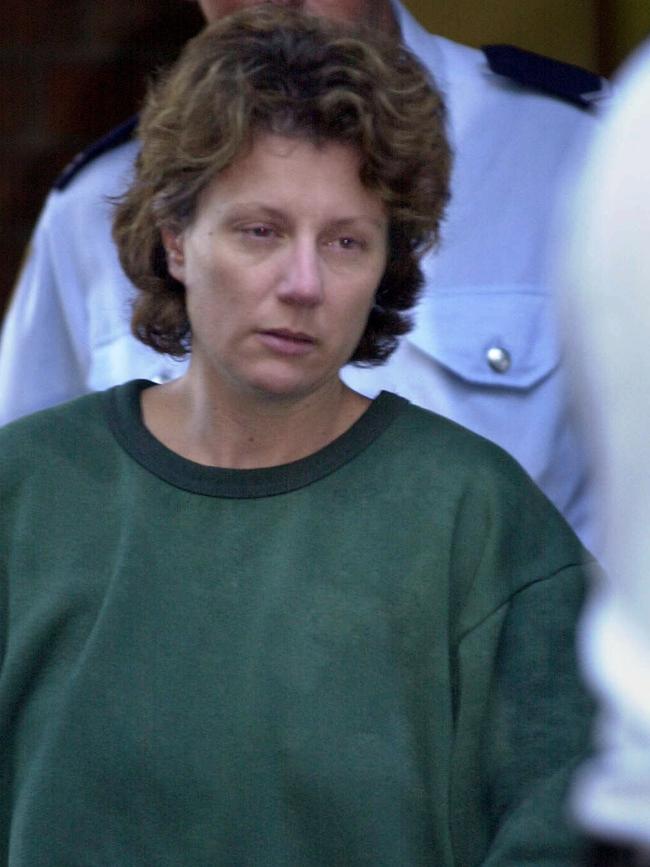
Addressing a throng of media on the steps of the Law Courts building in Sydney, Ms Folbigg said she had faced “disbelief and hostility” for almost a quarter of a century.
“I suffered abuse in all its forms,” she said.
“I hoped and prayed that one day I would be able to stand here with my name cleared.
“I am grateful for the huge efforts of my friends and family, my legal team, scientific professionals and concerned individuals.
“My children are here with me today and they will be close to my heart for the rest of my life. I loved my children and I always will.”
The court’s decision came after NSW Governor Margaret Beazley last year ordered an inquiry into Ms Folbigg’s case after a years-long campaign by her supporters, including best friend Tracy Chapman.
The inquiry found new scientific evidence not available at the time of Ms Folbigg’s trial in 2003 that suggested the children’s deaths were linked to a rare and fatal genetic mutation.
The head of the inquiry, former NSW chief justice Tom Bathurst, also dismissed claims raised at Ms Folbigg’s trial that entries in her diary supported prosecutions assertions she had killed the children.
“I have concluded that the relationship Ms Folbigg had with her children does not support the inference that she killed them,” Mr Bathurst said in his 619-page report.
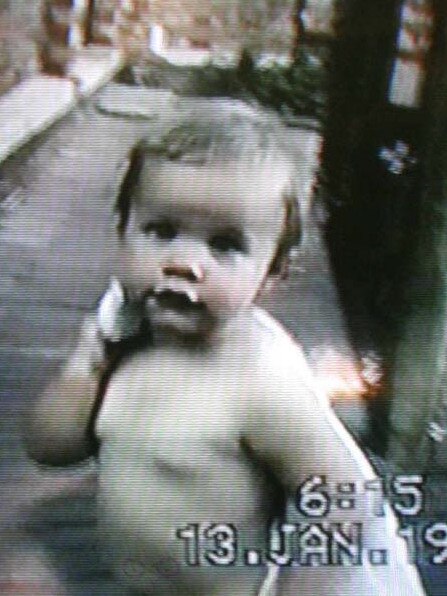
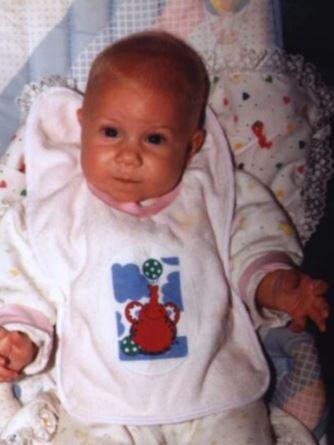
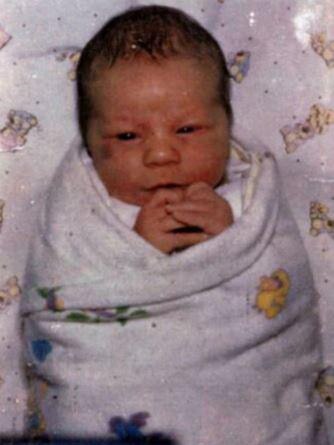
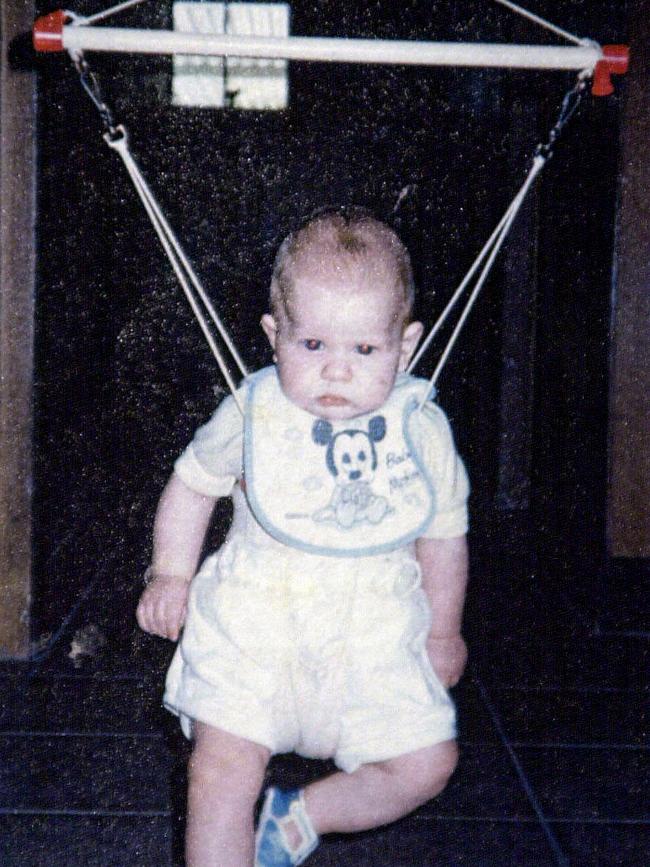
Ms Folbigg was formally pardoned and released from custody in June, while the case itself was referred to the CCA to determine whether Ms Folbigg’s convictions should be quashed.
In court on Thursday, Ms Folbigg sat attentively next to Ms Chapman, the pair clutching hands, as Justice Andrew Bell read from a short judgment that ended with Ms Folbigg’s acquittal on all charges.
Ms Folbigg dabbed at her eyes and hugged a crying Ms Chapman, as both women shared in the tender moment in celebration of their success.
Outside court, Ms Folbigg’s lawyer, Rhanee Rego, said her client was finally a free woman.
“After 24 years, the legal system has finally listened to Kathleen Folbigg,” she said.
“Today, she is a free woman. A woman who demonstrated courage and resilience to reject the claims made against her.”
Ms Rego called on the state to evaluate its system of post-conviction review in the wake of Ms Folbigg’s acquittal, saying her case had exemplified “broader problems in our legal system”.
“An innocent woman’s suffering should be recognised and become a major impetus to improve our legal system,” Ms Rego said.
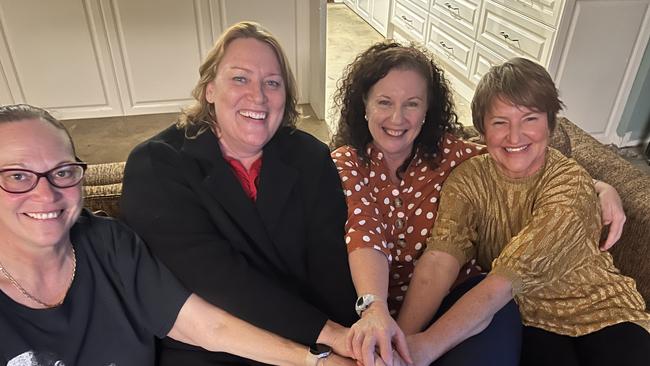
Ms Chapman described the journey to free her best friend as a “Herculean effort” and thanked everyone involved.
“My deepest gratitude goes to the scientific and legal professionals, the awesome Justice for Kathleen Folbigg members, and Kath’s legal team. Without you, Kath and I would not be standing here today,” she said.
Ms Chapman, who has been a constant support, with Ms Folbigg moving into her home following her release from custody said the ordeal “emphasised the importance of lifelong friendships”.
She said today “marks the end of an epic journey, one that’s tested our friendships and belief in justice”.
“The 20-year fight for Kathleen has been a herculean effort. It cost jobs, loss of income and shattered lives and relationships. It also required enormous mental fortitude.”
The Australian Academy of Science, whose revolutionary work helped to clear Ms Folbigg’s name, said in a statement that Australia must be open to learning from the “gross miscarriage of justice” in Ms Folbigg’s case.





